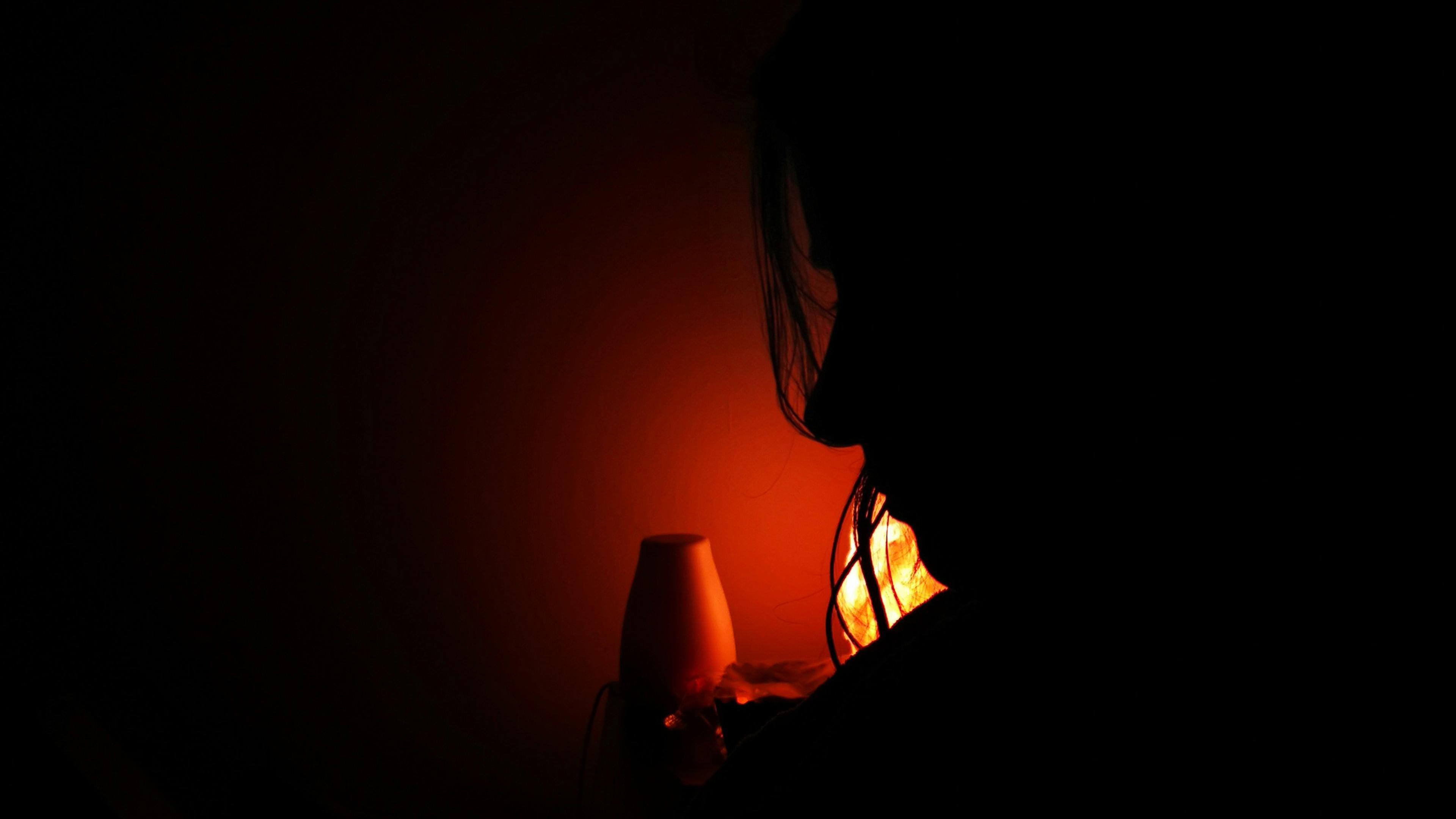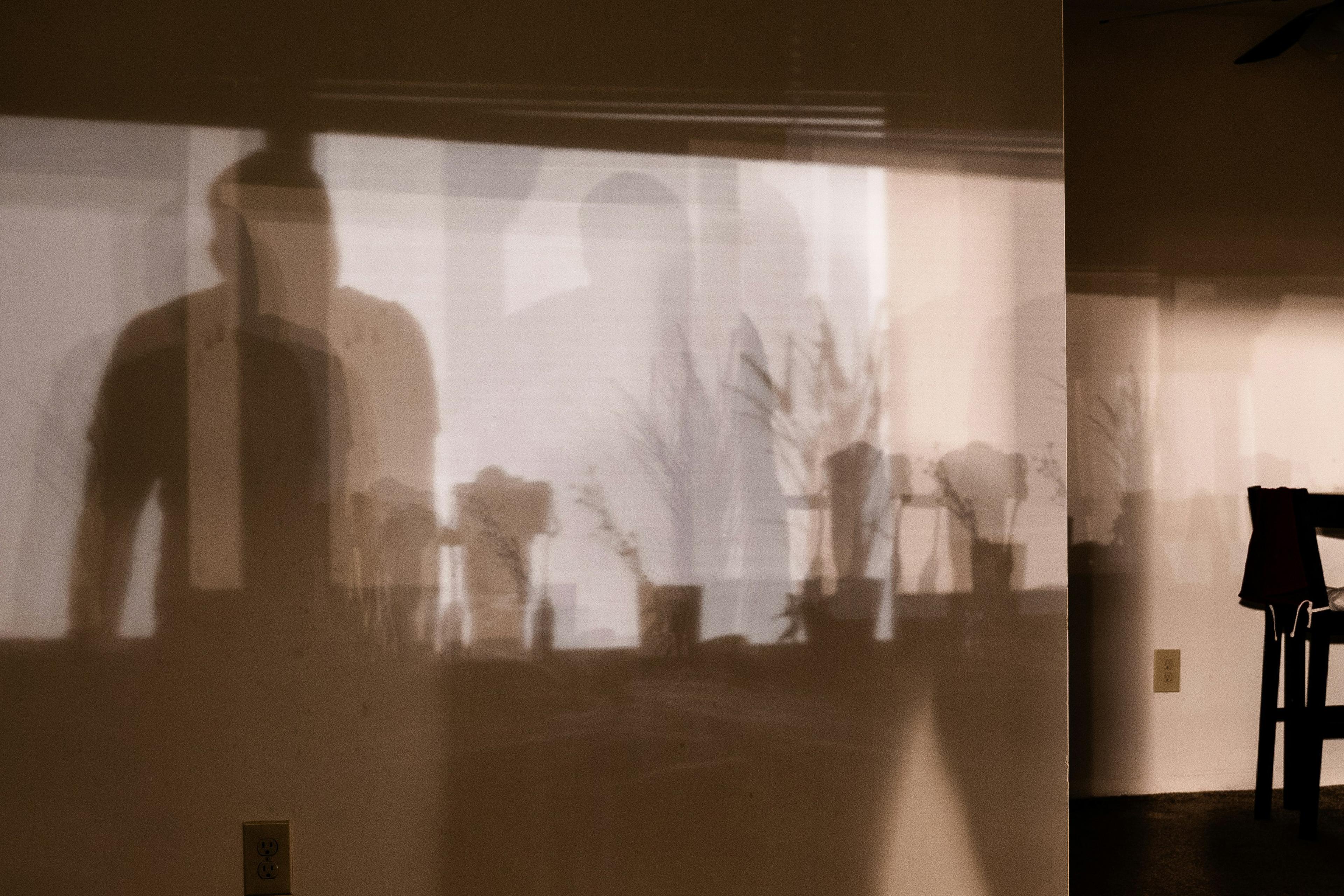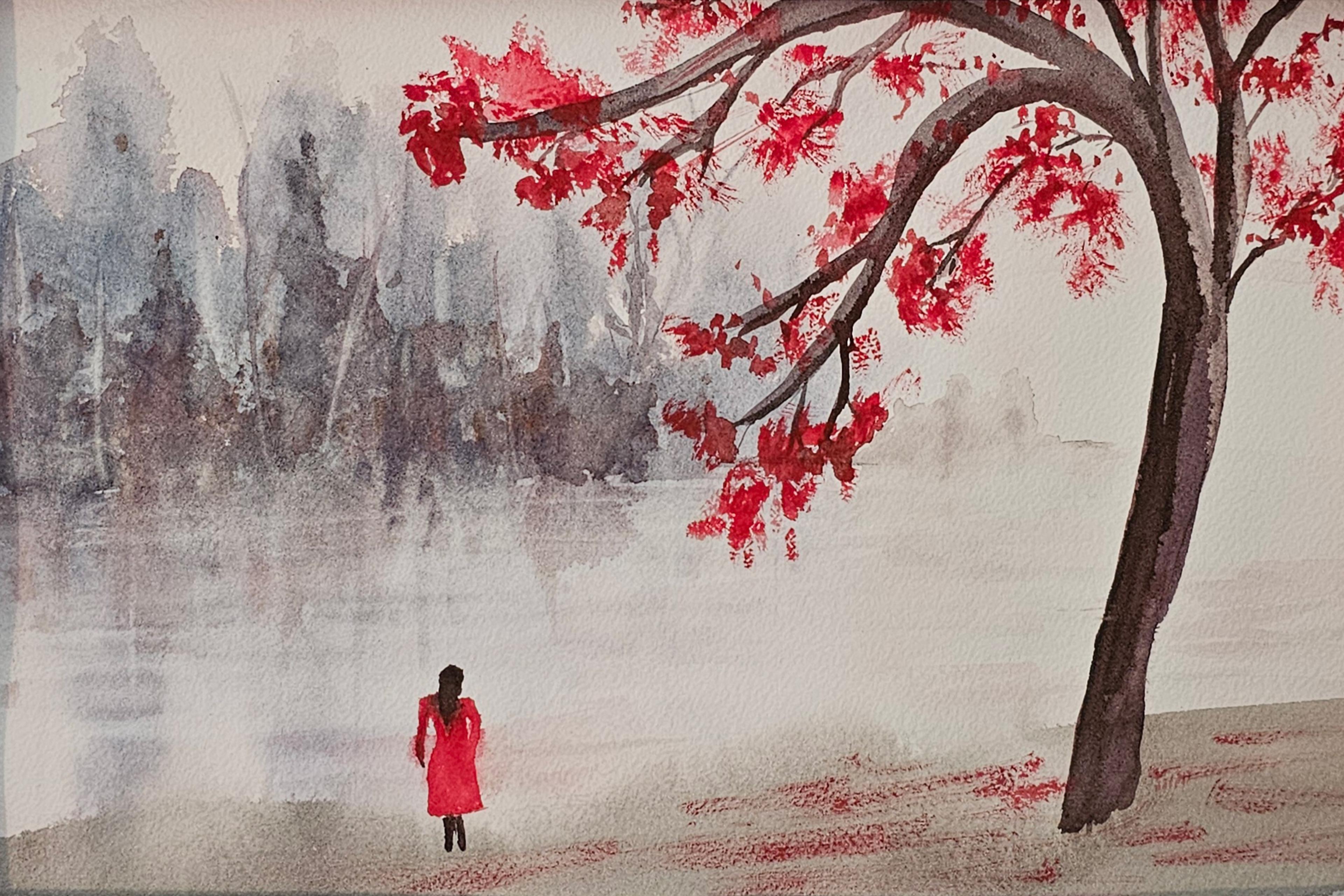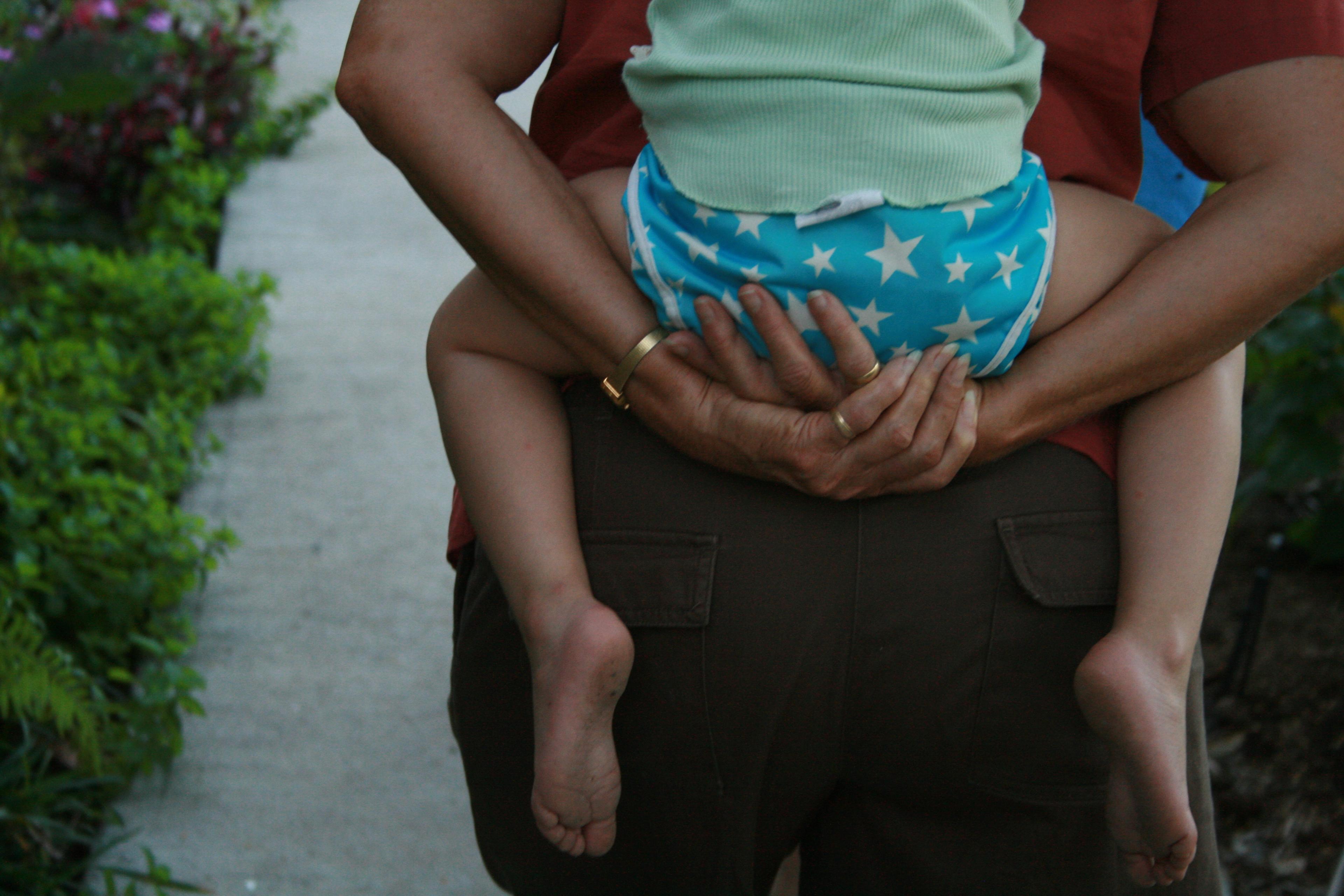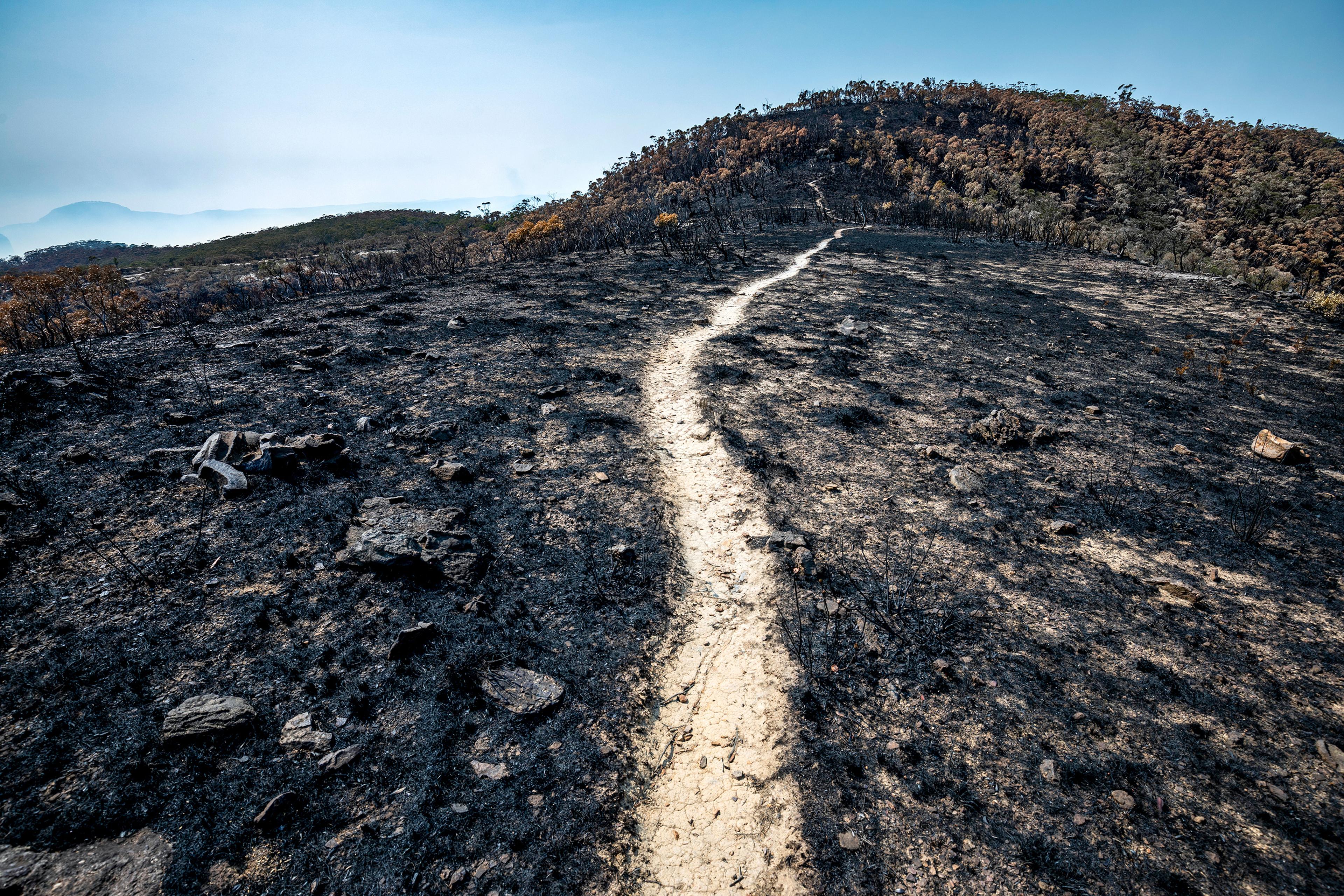I’d been escaping to the cupboard under the stairs for a week. An hour here, an hour there, lying in the dark crying and listening to gloomy Nordic music. The concrete floor, coated in a glossy mottled sealant, glowed in my phone’s light as I looked for text messages that didn’t appear. My need for those messages, for connection with a friend who’d begun ghosting me, chewed through my feelings. The strength of that need embarrassed me. I didn’t mind telling people I seemed to be losing a friendship, but didn’t want anyone to know that the loss was driving me into a depression so dark it felt like my mind was unravelling.
Sometimes a small, innocuous shift – in my case, a friend’s loss of interest – can dismantle who we thought we were, make us question everything we thought we knew about ourselves. I’d had friends ghost me, even angrily break up a friendship before, but this particular discard cracked me apart, creating an opening into a years-long journey of excavating the lasting effects of my abusive childhood, a journey I had no idea was beginning as I sat crying in the dark.
The cupboard under the stairs was an unfinished space in my house, where the water heater lived and where I’d eventually started working in desperation for a quiet space where neither my husband nor my kids would bother me for an hour or two. After I moved my laptop and books into that room months into the COVID-19 pandemic, my husband had taken to calling me Dobby. I kept reminding him it was Harry Potter who lived in the cupboard under the stairs, not Dobby the house elf, but what bothered me more was what that characterisation said about how I was perceived, who I’d become to those closest to me: wife, mother, housekeeper, laundress, cook. A drudge who existed to serve others, to make their lives comfortable and possible, not a person in her own right. But the cupboard under the stairs was still a place of my own.
My work was there, balanced on top of the ironing board I used as a table, but I wasn’t working. I was lying on the floor looking at my phone, its screen the only light, and wondering why my friend seemed to have stopped texting me over the previous week. The Swedish musician Forndom’s dark Nordic beats kept me company, its tension reflecting my own – intensity, grief, a search for something to believe in. A self to believe in. Dark forests, I thought, listening to the music. Vengeful gods. Unforgiving seas.
The friend whose text I was waiting for was another writer, someone I’d known casually for a few years. A few months previously, they’d started texting me more often and more personally, and I’d responded. We talked about our shared interest in nature, our love for the mountains and rivers of the region of Montana we both lived in, stories of our childhoods in those same mountains, struggles with and hopes for our writing. They complimented my work and insights, giving me validation I hadn’t realised I needed and a glimpse of the writing community I was missing.
I hadn’t even had this kind of reaction to the end of a romantic relationship
The way this friend seemed to see me, to understand me as a person in her own right beyond the wife-mother-laundress-cook caregiver roles, changed the way I saw myself. After more than a decade of trying to balance motherhood and work – and losing that struggle on all fronts through the pandemic’s early upheavals – I started to feel like a whole person again, someone I hadn’t been in decades, a woman with a mind and imagination and intelligence and curiosity and talent beyond meeting my kids’ emotional needs and getting dinner ready on time. Another writer, one I respected, seemed to understand me – saw me as an equal, but, more importantly, saw me at all. The life I’d almost given up on, a life I’d made small and insignificant to meet everyone else’s needs – that life suddenly seemed possible again.
Then, after about four months of almost daily conversation, my friend stopped texting me as often. From one day to the next almost, they started to seem distant, less interested in the things we used to talk about – birds, the Moon’s phases, writing, rivers, walks – and I was crying about it.
I’d never had this kind of reaction to the loss of a friend before. I hadn’t even had this kind of reaction to the end of a romantic relationship. The constant crying felt nuts. There I was curled up on the floor in the dark, feeling about as devastated as I had nearly 15 years previously when I almost lost my prematurely born baby, and at the same time like a complete idiot.
This is absurd. You’re insane. So a friend isn’t texting you, maybe lost interest. You’re not dying.
It felt like I was dying, and dying alone. Like not a single person in the world cared whether I existed or not. As if I were being erased from the lives of everyone I’d ever known.
I texted my friend once during that first week, hesitantly, to ask if anything was wrong, to say their messages seemed different. Of course not, they said, and I didn’t ask again. But any sense of connection felt like it was disappearing, and their increasingly infrequent and terse responses over the next few weeks where once paragraphs had flowed brought up a terror that I couldn’t remember being conscious of before: of being left. Abandoned.
It was a sensation so all-encompassing that it took weeks to put words to. And far longer to piece together why the friendship discard provoked such an extreme emotional response. Over several months, I forced myself to search for reasons for my breakdown, both online and in my own mind, metaphorically crawling back through the person I’d created via adulthood, marriage and motherhood and then, perhaps inevitably, into a place I’d avoided for most of those years: the violent, unloving childhood marked by repeated abandonment, buried for decades under what looked like a normal, happy life.
There’s a reason solitary confinement in prisons is a form of torture
My father once told me of coming home from work to find me, 18 months old and still in my nightgown, alone in the house, sitting on the kitchen floor eating Cheerios out of the box. He told me that my eyes were dead, empty, that he never saw anything that scared him more. That wasn’t the last time my mother left me alone. With regular physical and emotional abuse as well as unpredictable spells of abandonment, she taught me the horrible truth that I was alone in the world, that I could slip out of existence and nobody would know, or care.
Those memories lingered in my sense of self, buried under years of caregiving and competence and my own desire to move on, to forget – the shame, the rage, the burning sense of injustice that never seems to fade. But it’s the trauma of that abandonment that the friendship discard brought back to life most viscerally.
Abandonment. Science fiction specialises in bringing this horror to life. There’s a Twilight Zone scene of a man being left alone in the world after a nuclear holocaust; an episode of Black Mirror in which, as punishment for a crime, a main character is rendered forever invisible to every other person. Connection is a fundamental human need, almost as essential to our survival as food and water. Much of human existence is spent trying to hide ourselves from the terrifying possibility of aloneness. There’s a reason solitary confinement in prisons is a form of torture. And a reason its reality in a child’s life leaves scars.
I can’t remember the first time I heard the term ‘ghosting’, but the word had never felt so apt. My friend remained solid, corporeal, a presence whose importance in my own life was all too real. It was me who felt I was dissolving out of existence. To be turned into a ghost, told with no words at all that one’s existence does not matter, is a surreal and sometimes reality-shattering experience. As if the very fabric of life has been called into question.
That particular experience, of being ghosted by someone I thought was a friend, brought up everything from my childhood I’d wanted to forget. Everything that, by my mid-40s, I thought I’d outgrown. The way my mother beat my father every day. Her regular reminders that I was a manipulative little bitch, that I was selfish. Her repeated abandonments. It took metaphorically being turned into a ghost, emotionally triggered beyond what I thought I could survive, to make me face the trauma that still lingered.
The loss of that friendship felt like the most important thing in the world
Once I started to connect my overwrought reactions to a friendship discard with the childhood wounds that had been left to fester for decades, my behaviour no longer seemed absurd or insane. It was abandonment trauma making itself felt. Why right then, after all those years, I had no idea. But once I knew why I’d fallen apart so badly, I finally had a way to start putting myself back together. Over time, I got off the floor and moved my work out of the cupboard under the stairs. I tried to grapple with finally seeing who I’d become: someone who sacrificed all her own needs for others, because caregiving was how I’d survived abuse and abandonment in childhood. Abandonment, it turned out, was what I knew best.
At the beginning of my former friend’s incremental withdrawal, then ghosting, the loss of that friendship felt like the most important thing in the world. But, in the end, it turned out to be only the first, if crucial, step on a long journey. It opened up a path backward in time to where all that pain – everything that clawed and gnawed and ate me alive as I lay crying in the dark – truly lived.
It took a long, long time, and I still felt hurt by the discard, but finally I was able to grieve the friendship itself, including loss of the moments of commonality and humour we’d shared, without buried memories getting in the way. I silently wished my friend compassion and care through whatever burdens they carried and whatever their life held – my healing had finally begun. Perhaps we were on parallel paths. Maybe we all are.
